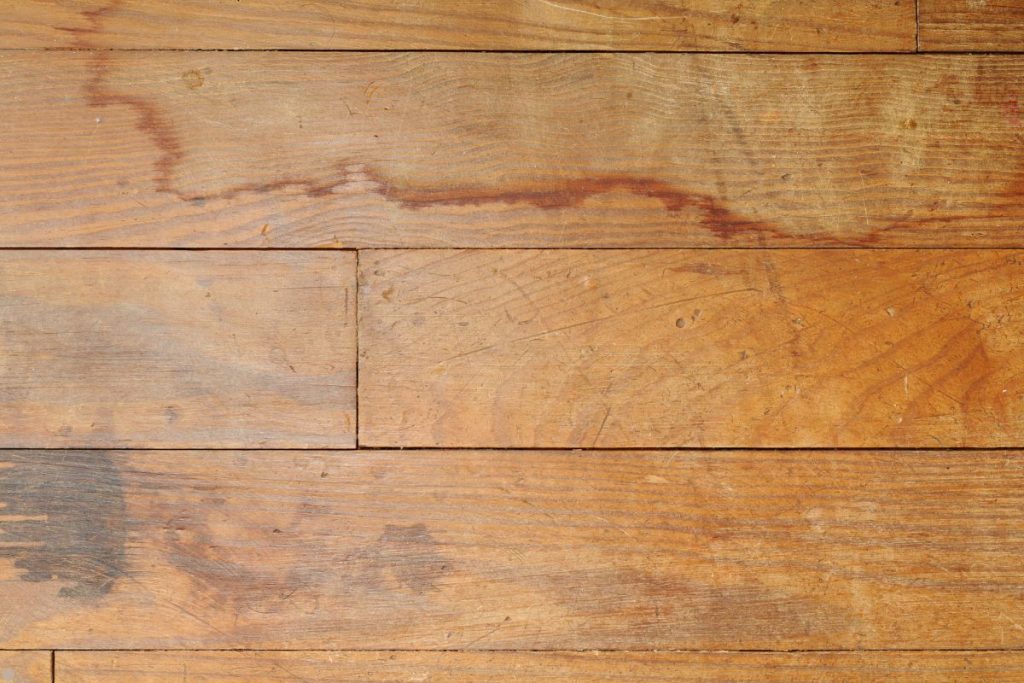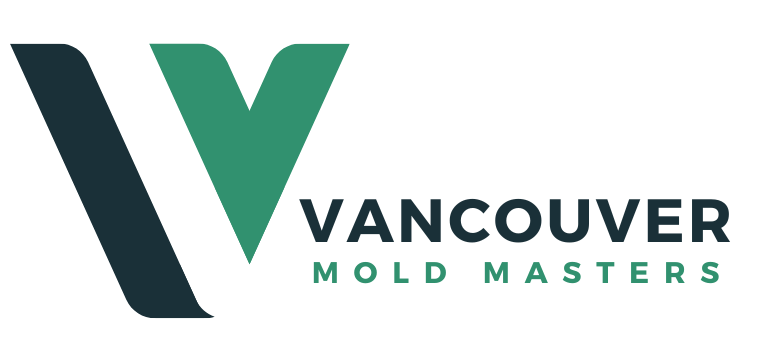
Worried about mold in your home? The short answer is often yes, mold remediation is necessary to protect your health, your family, and the structural integrity of your property. But it’s not always a cut-and-dried decision. This guide will help you understand mold, identify potential problems, and determine when professional mold remediation is the right course of action. If you’re concerned about mold, don’t wait—call us today for a thorough inspection and expert remediation services!
Understanding Mold: A Homeowner’s Guide
Mold is a type of fungus that thrives in damp environments. It’s virtually everywhere – both indoors and outdoors. While some molds are harmless, others can pose significant health risks and cause damage to your home. In particular, homes often face mold issues due to high rainfall and humidity. Understanding the basics about mold is the first step to protecting your property. Water damage restoration is essential to prevent mold growth, as lingering moisture can create the perfect breeding ground for fungi. Timely water damage restoration can help safeguard your home from mold-related issues and long-term damage.
What Exactly is Mold and Why is it Growing in My Home?
Mold needs moisture, a food source (like drywall or wood), and a suitable temperature to grow. Common causes of mold growth in homes include:
- Mold Types Commonly Found in Homes: You may encounter Aspergillus, Cladosporium, or Penicillium. While not all molds are toxic, some can trigger allergies and respiratory issues.
- The Ideal Environment for Mold Growth: Leaky roofs, plumbing problems, poor ventilation, and high humidity all create the perfect breeding ground for mold. Ensure your home stays safe and healthy by following proper mold clean-up guidelines. Act now to prevent mold growth and protect your family’s well-being!

Spotting the Signs: Is That Mold in Your Home?
Early detection is crucial. Here’s what to look for:
- Visual Clues: What Does Mold Look Like? Mold can appear as fuzzy, slimy, or spotty patches in various colors, including green, black, brown, or white.
- Musty Odors: The Tell-Tale Smell of Mold: A persistent musty or earthy odor is a strong indicator of mold, even if you can’t see it.
- Health Symptoms: Could Mold Be Making You Sick? Symptoms like sneezing, coughing, itchy eyes, sore throat, and headaches can be signs of mold exposure. Stay alert for visual clues, musty odors, and health symptoms to catch mold early. Follow mold clean-up guidelines to protect your home and health!
The Serious Risks of Mold Exposure: Protecting Your Family and Home
The presence of mold goes beyond just an unsightly nuisance. It can lead to serious consequences:
- Health Problems Caused by Mold: Mold spores can trigger allergic reactions, asthma attacks, and other respiratory problems. Some molds produce toxins (mycotoxins) that can be even more harmful, especially for children, the elderly, and individuals with weakened immune systems.
- Structural Damage Caused by Mold: Mold can feed on organic materials like wood, drywall, and insulation, causing them to rot and weaken over time.
- Property Value Impact: Mold infestations can significantly decrease the value of your home. Disclosing a known mold problem is often legally required during a sale, and remediation costs can deter potential buyers.
Is Mold Remediation Necessary? Determining When to Act
Whether or not mold remediation is necessary depends on several factors:
- Small Mold Growth vs. Large Infestations: Small, contained mold growth (less than 10 square feet) may be treatable with DIY methods, but larger infestations require professional help.
- Different Types of Mold and Their Severity: Toxic mold, like Stachybotrys chartarum (black mold), always warrants professional remediation.
- DIY vs. Professional Remediation: DIY mold removal can be risky if not done properly. Improper cleaning can spread spores and worsen the problem. Professional mold remediation ensures complete removal and addresses the underlying moisture issue.
What to Expect During Professional Mold Remediation
Professional mold remediation involves a systematic approach to safely and effectively remove mold:
- Inspection and Assessment: A qualified professional will inspect your home to identify the source of the mold and assess the extent of the infestation.
- Containment and Removal: The affected area is contained to prevent the spread of mold spores. Moldy materials are then carefully removed and disposed of according to safety regulations.
- Cleaning and Disinfection: The remaining surfaces are thoroughly cleaned and disinfected to kill any remaining mold spores. Tackle mold problems head-on with professional remediation for safe and thorough removal. Find effective mold problems and solutions to protect your home from future growth.
- Prevention Measures: Addressing the underlying moisture problem is crucial to prevent future mold growth. This may involve repairing leaks, improving ventilation, or installing a dehumidifier.

Finding the Right Mold Remediation Company
Choosing the right mold remediation company is essential for a successful outcome:
- Credentials and Certifications: Look for companies with certifications from organizations like the IICRC (Institute of Inspection, Cleaning and Restoration Certification).
- Experience and Expertise: Choose a company with a proven track record of successful mold remediation projects.
- Reviews and References: Check online reviews and ask for references from past clients.
- Insurance and Licensing: Ensure the company is properly licensed and insured to protect you from liability.
Preventing Mold in Your Home: Proactive Measures
The best way to deal with mold is to prevent it from growing in the first place:
- Controlling Moisture and Humidity: Fix leaks promptly, use exhaust fans in bathrooms and kitchens, and maintain proper ventilation.
- Proper Ventilation: Make sure your home has adequate ventilation, especially in areas prone to moisture.
- Regular Inspections: Regularly inspect your home for signs of water damage and mold growth. Regularly inspect your home for signs of water damage and mold growth to prevent long-term issues. For effective black mold removal services, contact professionals who can safely eliminate mold and restore your home’s health.
Frequently Asked Questions About Mold Remediation
Is all mold dangerous?
Not all mold is toxic, but all mold can cause allergic reactions and should be removed.
How much does mold remediation cost?
The cost of mold remediation varies depending on the extent of the infestation, the type of mold, and the location. Contact us for an estimate.
Can I remove the mold myself?
Small, contained mold growth may be treatable with DIY methods, but larger infestations require professional help.
How long does mold remediation take?
The duration of mold remediation depends on the size and complexity of the project.
Protecting Your Home and Health: The Importance of Addressing Mold
Ignoring mold problems can have serious consequences for your health and your home. If you suspect mold, it’s essential to take action promptly. By understanding the risks and taking proactive measures, you can protect your property and ensure a healthy living environment for you and your family. Don’t wait – call us today for a thorough inspection and professional mold remediation services.
